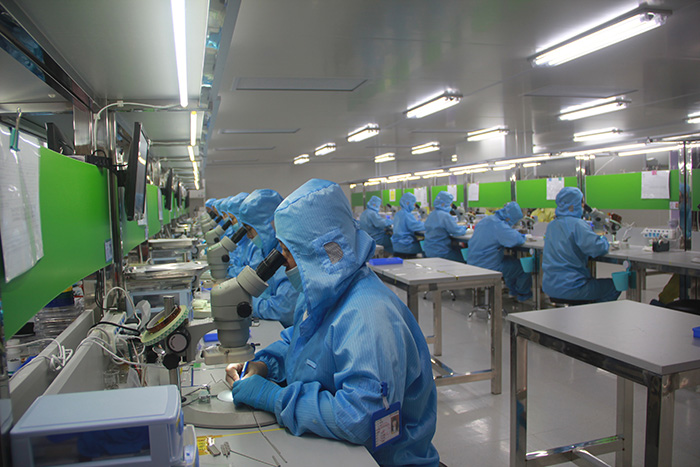The Importance Of Effective Facilities Management In The Pharmaceutical Industry

While a high standard of facilities management is important across many industries, in the world of big pharma it is absolutely critical, not least because there is so much at stake.
Drug development and manufacture is a highly specialised field, with significant amounts of money invested each year, and fierce competition between rival companies. In addition, the health and safety of pharmaceutical employees must be a prime focus, as well as the preservation of the drug products themselves.
The challenge is made even greater by the fact that many pharmaceutical laboratories and factories each have their own specialised conditions that need to met while still ensuring sustainability and cost-effectiveness.
With all that in mind, it’s critical that the facilities management organisations hired by pharmaceutical companies can provide a range of effective solutions. But what do some of these solutions comprise, and how are they likely to evolve over the next few years?
Climate Control Innovations
Assuring a stable and carefully tailored climate is vital in pharmaceutical facilities, as any fluctuation in conditions could lead to problems with the products being produced. This, in turn, could result in entire batches of products having to be scrapped, and the entire manufacturing process restarted, which could cost significant amounts of money – not to mention frustration. This article outlines the importance of climate control in the pharmaceutical industry and what can go wrong if the optimum conditions aren’t met.
As you can see, to help maintain the correct temperature, humidity, air pressure, and filtration, bespoke air handling units are required. These units not only ensure the correct conditions in each facility, but also provide a greener and more cost-effective solution.
Effective Data Usage
Efficient data collection and analysis can bring significant benefits to facilities management services in the pharmaceutical industry, but despite this, many systems engaged in the industry are not currently making the most of their capabilities.
The fact is that computer maintenance management systems have the ability to utilise various forms of data to assist with everything from building plans to financial management and disaster contingency planning.
It’s time to start leveraging those advantages, and making data analytics a more central cog in the facilities management machine, in order to improve the efficiency of the services being provided.
Giving FM Providers A More Fundamental Role
In the majority of cases, pharmaceutical FM providers are only brought in once a lab or facility has been constructed.
However, if big pharma companies were to seek the input of FM professionals much earlier – for instance, during the design phase of their facility’s construction – they would surely reap the rewards and achieve a more efficient structure. Not only that, but they would also be able to save significant sums of money, and ensure that all assets are being effectively managed right from the start of the project.
Clean, Green Solutions
With climate change wreaking catastrophic damage around the world, it’s more important than ever for big pharma to embrace the various ‘green’ solutions that FM providers have to offer.
These range from the environmentally friendly climate control units mentioned above, through to the types of chemicals used in cleaning pharmaceutical facilities, and how effectively air filtration systems are maintained.
By allowing their FM professionals to introduce cleaner, greener methods, pharmaceutical companies will not only be creating a healthier environment for their staff – and higher quality products for customers – they will also be benefitting the wider world.

























































